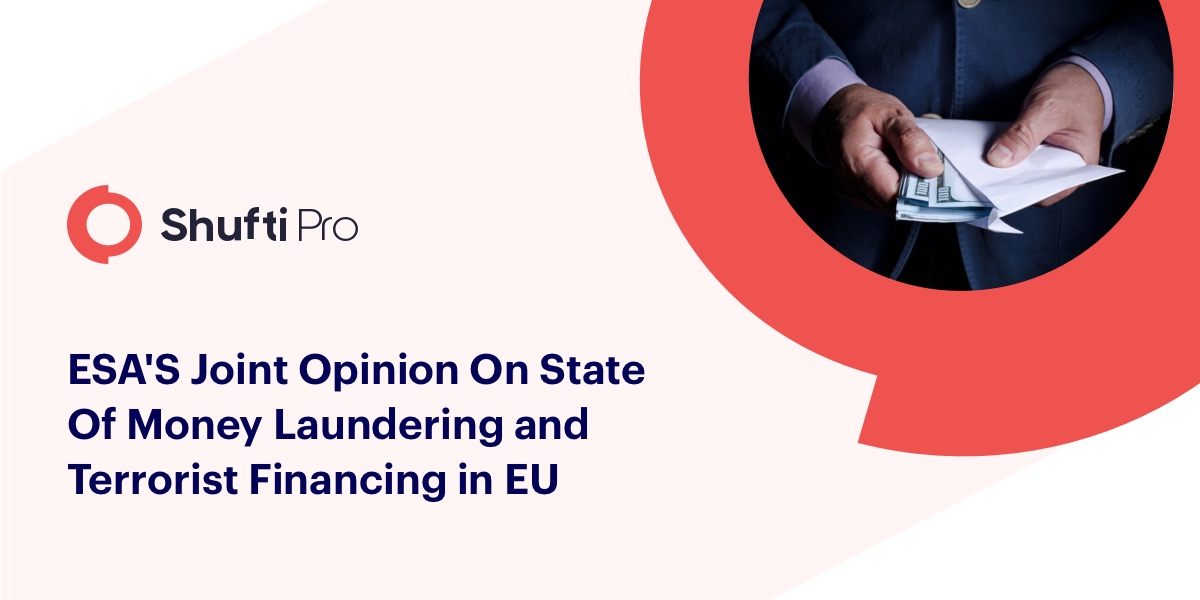Global Economies are joining forces with FATF against money laundering

Financial Action Task Force (FATF) has been very keen on eliminating financial crime (money laundering, terrorist financing) at a global level. The regulatory authority recommended some major changes in AML (Anti Money Laundering) practices and screened the AML practices of some of its members (direct or indirect) and also, added new countries in its member’s list.
FATF is one of the most influential global financial regulators. It has 39 complete members and several members under its affiliates (APG, CFATF, EAG, etc.) around the globe working on a thorough implementation of AML regulations. FATF is always keen on eliminating money laundering from all the countries and territories. Numerous industries including financial and non-financial sectors are added to the scope of reporting entities of FATF recommendations.
In a wake to ensure global compliance, FATF is always in search of loopholes in AML and CFT (Counter Financial terrorism) regulations and compliance practices of the member countries. Regular screening of AML practices of its member countries is a part of its operations.
In 2019 as well, FATF took some vital steps to expanded the scope of its regulations to a global level and to cover the gaps between global AML regulations.
Saudi Arabia Became the First Arab Member of FATF
FATF expands the scope of its regulations to a global level by adding new members. Becoming a member of FATF requires the country to fully comply with FATF recommendations making it almost impossible for criminals to exploit it.
Saudi Arabia is setting standards for the Arab and Middle eastern countries by becoming a member of FATF. the country was practicing the global AML and CFT regulations for the last four years. Also, in March 2019, it was about to be blacklisted by FATF, but missed it closely and now becomes full member of FATF.
Financial institutions and businesses offering any types of financial services will be liable to comply with global AML regulations. This means the latest AML recommendations of FATF regarding cryptocurrencies and the legal sector will also be imposed on the reporting entities in Saudi Arabia. This initiative of Saudi Arabia will bring more business into the country as it is identified as a safe country by fully complying with the 40 recommendations of FATF. Meanwhile, the businesses in the country will be under the strict scrutiny of the regulatory authorities.
It is high time that businesses in Saudi Arabia should identify the crucial need to practice complete AML compliance.
Pakistan in the Greylist
FATF keeps an eye on its member countries by screening their efforts to eliminate money laundering and terrorist financing. Pakistan is a member of the Asia Pacific Group on Money Laundering (APG) and was under the scrutiny of FATF since 2018. The reason behind this scrutiny is the terrorist attacks in India. It was claimed by the Indian authorities that the terrorist activity was executed by a terrorist group in Pakistan. Also, the Panama Papers placed a question mark on the AML and CFT practices of Pakistan. The regulatory authorities in Pakistan are required to take proactive measures recommended by FATF to be removed from the grey list.
In 2019, FATF made an analysis of the AML practices of regulatory institutions in Pakistan. The decision has to come regarding, whether Pakistan will be added to the blacklist or not.
It shows that FATF does not ignore any kind of non-compliance by its member states. In order to maintain the good image of their country, the member states are always in a wake to adopt stringent practices to enforce AML compliance in the business sector (financial and non-financial). Because becoming a member of FATF of just the first step, the countries have to go through regular screening of FATF and need to maintain a crime-free financial infrastructure in the country.
So, the businesses in full member countries and indirect-member countries are in dire need of practicing complete AML compliance. As non-compliance will lead to dangerous consequences like huge fines and loss of credit rating, loss of credibility, etc.
Changes in FATF Regulations
FATF gives recommendations whenever it finds a loophole in global AML and CFT regulations. In 2019, the authority gave some major recommendations to its member countries.
FATF recommended AML compliance for the cryptocurrency and legal sector in 2019. The legal sector is required to screen the Ultimate Beneficiary Owners (UBOs) of the entities they represent.
Also, the cryptocurrency businesses are required to practice AML and KYC compliance just like the financial sector.
The reason behind these new recommendations is the increase in fraud in these sectors. Cryptocurrency is widely exploited by financial criminals at a global level. According to a report, $1.1 billion of cryptocurrency was stolen in 2018. On the other hand, the legal sector is also exploited by money launderers to incorporate their black money into the business proceeds of shell companies. That is why the legal professionals are required to verify the identity of UBOs of business entities they are serving.
FATF also recommends the art dealers and precious metal dealers to practice KYC screening on their customers and to report transactions above the predetermined threshold.
Why Do Businesses need to Practice AML Compliance?
The businesses in the financial and non-financial sectors are covered in the scope of AML recommendations of FATF. Operating in countries that are full or indirect members of FATF, the businesses are obliged to practice thorough compliance with global AML regulations. Harmful consequences follow the non-compliance practices of businesses.
Non-compliance could result in fines, loss of credibility, credit rating and market value, and in some cases complete shutdown of the non-compliant entity. For instance, take the case of the Danske Bank’s Estonia branch which was closed due to a huge money-laundering scandal. Also, the bank faced several lawsuits and huge penalty.
The recent efforts of FATF show that the entity will leave no rock unturned to eliminate money laundering at a global level. So, it means that businesses have no other option but to take proactive measures against financial crime. Running real-time KYC and AML screening on the customers before onboarding them eliminates the risk at the very beginning. It enhances the credibility and credit rating of a company along with proactive fraud prevention. Such steps will help businesses in gaining a competitive edge. Hence, such proactive measures create a win-win situation for businesses.

 Explore Now
Explore Now













